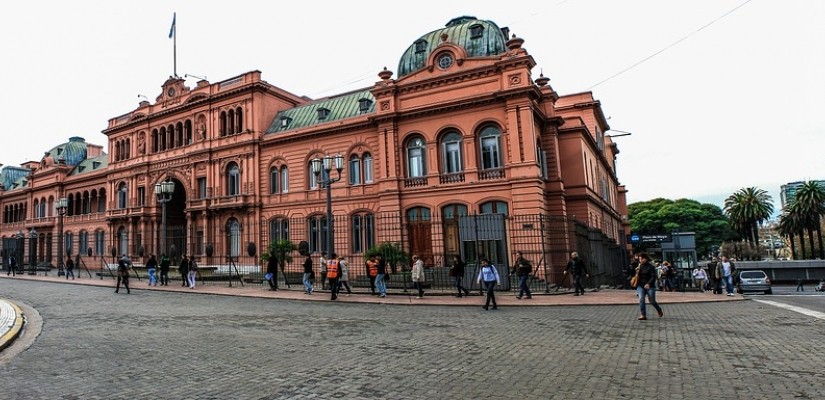Argentina’s President Mauricio Macri has been struggling to ease the country’s ongoing economic slump. On April 25, 2019, the Argentinan Peso fell to a record low of 46.5 per U.S. dollar. In March 2019, consumer prices increased by 4.7%, leaving Argentina’s population frustrated with the government’s fiscal policies. Sky-high inflation rates are a symptom of the country’s crumbling economy and have soared at around 54.7% over the last 12 months. According to a poll in Buenos Aires, 44.6% of citizens named inflation as their biggest economic concern while another 19.2% highlighted unemployment as major issue. Turbulence in the Argentinian market was caused by another poll on the upcoming presidential election in October 2019. What shocked markets was that poll results indicated the defeat of incumbent President Macri and the rise of former President Christina Fernandez de Kirchner.
When Macri entered into office in December 2015 as the first conservative president in Argentina in a century, he gained popularity among voters by promising a turnaround of the country’s somber economic situation through gradual change. He dismantled ex-President Christina Fernandez de Kirchner’s economic protectionism, lifted export taxes and exchange controls, drew foreign investors into the country, and reduced gas, water, electricity, and transport subsidies. While his reforms proved popular in the parliamentary election in October 2017, the lasting economic volatility subverted Macri’s positive image in the eye of the public. Following the country’s record low, Argentina’s media alarmed citizens and investors by heralding a renewed economic collapse.
Following Argentina’s economic crisis in 2001 and 2002, Nestor Kirchner became president in 2003. He revived the country’s economy by making use of the global commodity boom. His wife, Christina Fernandez de Kirchner, followed in his footsteps as next president, where she continued implementing populist, socially progressive policies. Despite initial success, these policies could not mitigate the economic slow-down that started in 2012.

While President Macri banked on a new direction in Argentina’s politics and economy, he eventually provoked the ire of citizens in 2018 when he made a 56.3 billion USD financial relief deal with the International Monetary Fund (IMF). The reason behind Argentina’s aversion towards the IMF lies in a long history that started with the IMF’s first loan to the country in 1957. Recurrent deals with the IMF led to economic reforms that returned debt to the financial institution while disadvantaging the Argentinian people. In February 2013, Argentina was the first country to receive censure from the IMF for manipulating information on its economic situation.
President Macri’s liaison with the IMF and the continued recession create uncertainty for not only Argentinian politics but also its economy. Foreign investors are deterred by the dropping value of the peso and a higher risk of credit default in Argentina. Although President Macri was able to bring investors back into the country during his time in office, the relatively unpredictable outcome of the 2019 presidential election may chase them away again. Fernandez de Kirchner has not yet announced her candidacy in the upcoming election, but she may have high chances of winning if she reminds Argentinians of the better economic times that took place during her previous tenure. Her approach to fiscal policies, however, could advance Argentina’s vulnerability and drive the country further into recession.
